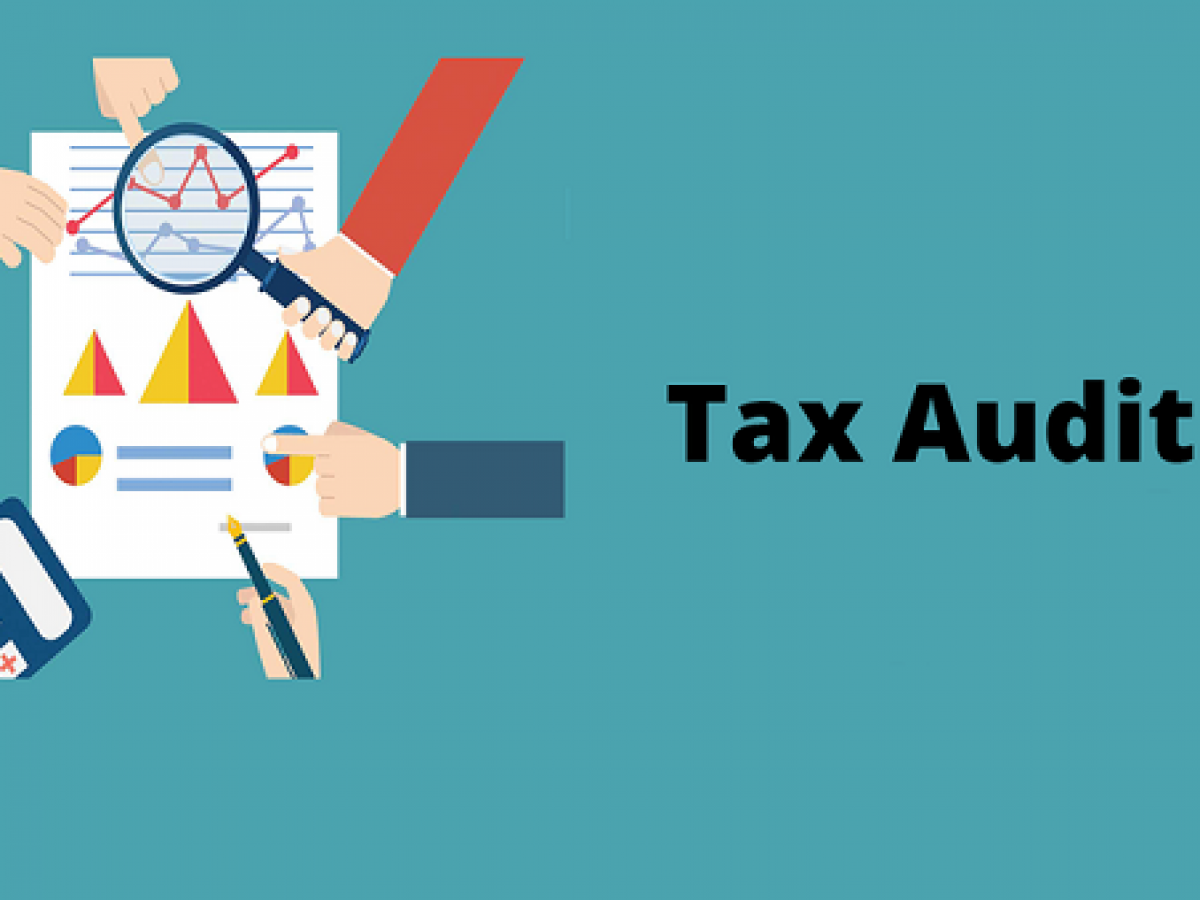
Tax Audit for Service Provider

Tax Audit for Service Provider, The scope of tax audit for service providers typically includes contracts or agreements that involve significant financial transactions and activities.
The specific types of contracts or agreements that fall under the purview of tax audit can vary based on the jurisdiction’s tax regulations and guidelines.
However, here are some common types of contracts or agreements that often come under the scope of tax audit for service providers:
Large Service Contracts:
Service providers that have large contracts with clients for providing various services may be subject to tax audits. These contracts can encompass a wide range of services, such as consulting, professional services, technical services, and more.
Long-term Service Agreements:
Contracts that extend over a long period, such as multi-year service agreements, can attract the attention of tax authorities. These agreements might involve ongoing services like maintenance, support, or outsourcing arrangements.
Subcontracting Agreements:
Service providers that subcontract a portion of their services to other entities might have their subcontracting agreements scrutinized during a tax audit. This is to ensure proper reporting and compliance with tax regulations.
Joint Ventures and Partnerships:
If a service provider is involve in joint ventures or partnerships with other businesses, the agreements related to these collaborations might be review to ensure accurate reporting of income and expenses.
Cross-border Service Contracts:
Contracts involving international transactions or cross-border services can raise complexities in terms of taxation.
Tax audits may focus on such agreements to verify that income, expenses, and taxes are correctly report according to applicable tax treaties and regulations.
Service Agreements with Related Parties:
Contracts with related parties, such as subsidiaries, affiliates, or entities with common ownership,.
Could be subject to extra scrutiny during tax audits to ensure that transactions between related entities are conduct at arm’s length and at fair market value.
High-Value Transactions:
Agreements involving high-value transactions, regardless of the specific nature of services, might be target for tax audits to prevent potential tax evasion or under reporting of income.
Government Contracts:
Service providers that have contracts with government agencies or public sector entities may have their agreements reviewed.
To ensure compliance with tax regulations and proper invoicing procedures.
Complex Service Structures:
Contracts that involve intricate pricing structures, discounts, rebates, or revenue-sharing arrangements may attract tax audit.
Attention to verify the accuracy of revenue recognition and associated expenses.
Digital and Online Services:
With the rise of digital services and e-commerce, contracts related to online services and digital transactions may also be examined to ensure proper taxation of online income.
It’s important to note that the determination of contracts falling under the scope of a tax audit can depend on various factors.
Including the nature of the services provide. The volume of transactions, the jurisdiction’s tax laws.
And the threshold limits for tax audits. Service providers should consult with tax professionals or authorities in their respective jurisdictions to gain a clear understanding of which contracts might be subject to tax audits.
To visit: https://www.mca.gov.in/
